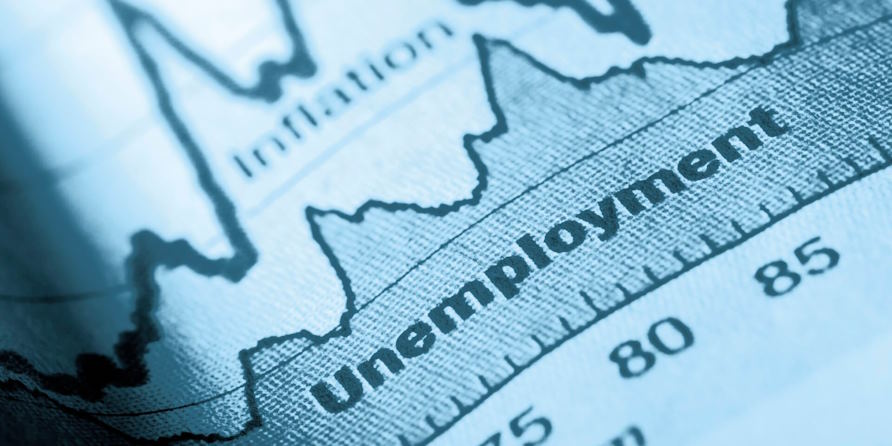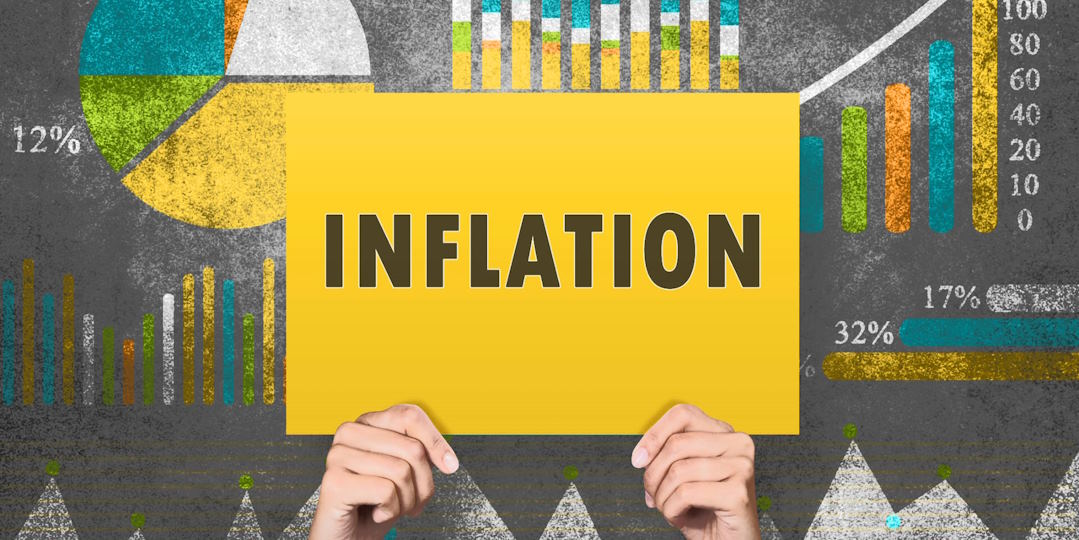The influence of the economy on employment is deep and complex, involving different economic factors that play crucial roles in molding both job creation and levels of unemployment.
How can changes in the economy influence employment?
Economic Growth and Demand for Labor
Economic growth, as measured by indicators like Gross Domestic Product (GDP), typically correlates with increased demand for goods and services. Highlighted demand often translates into more job opportunities across various sectors as businesses expand their operations to meet consumer needs. Conversely, during periods of economic contraction, businesses may scale back production and reduce their workforce, leading to higher unemployment rates.
Labor Market Dynamics
Various factors within the labor market, such as demographic trends, technological advancements, and changes in consumer preferences, can influence employment levels. Technological innovations may lead to job automation or outsourcing, affecting employment in certain industries. Demographic shifts, such as an aging population or changes in workforce participation rates, can also impact labor supply and demand dynamics.

Global Economic Trends and Trade Policies
The economy is increasingly interconnected on a global scale, and international economic trends can significantly impact domestic employment. Changes in global demand for exports, shifts in comparative advantages, and trade policies such as tariffs and trade agreements can influence employment levels in specific industries or regions. For example, increased competition from overseas producers may lead to job losses in certain sectors, while expanded export opportunities may create employment in others.
Consumer Confidence and Spending
Consumer confidence, reflecting the optimism or pessimism of consumers about the economy’s prospects, can influence their spending behaviors. Higher consumer confidence often leads to increased spending, which in turn can drive business expansion and job creation. Conversely, low consumer confidence may result in reduced spending and economic uncertainty, potentially leading to job losses and higher unemployment rates.
In summary, the economy’s influence on the level of employment is pervasive and intricate, as numerous economic factors converge to mold the dynamics of the labor market.







